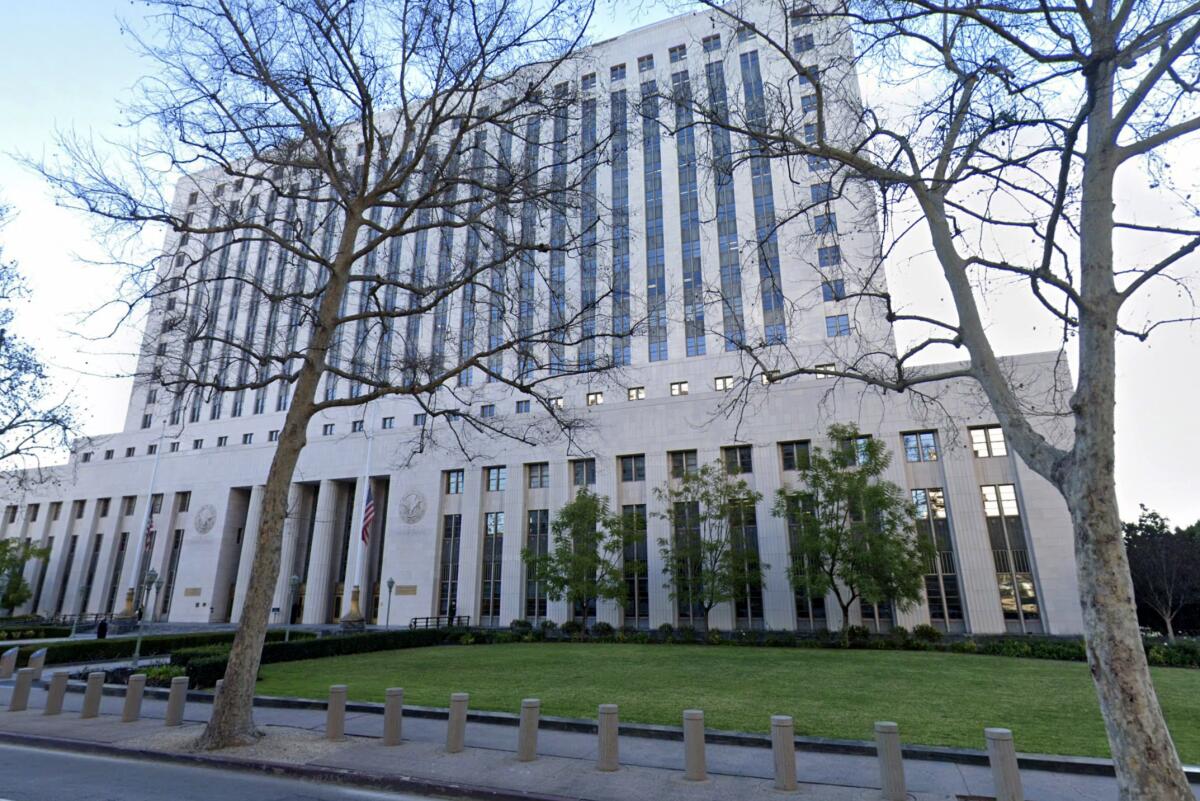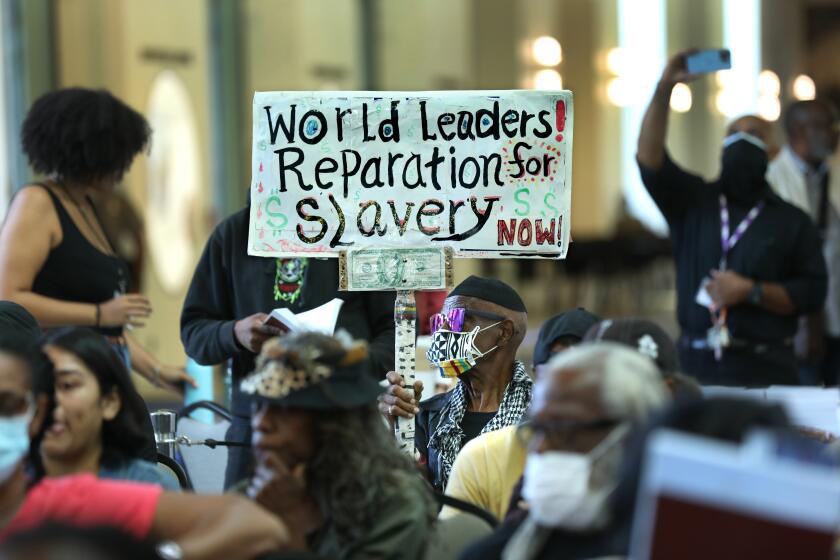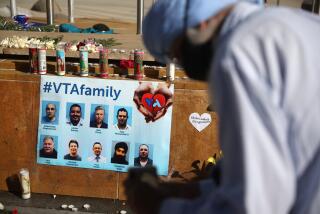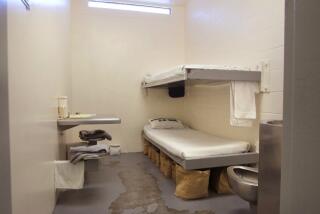How a worker who suffered a microfracture of his foot ended up with a $58-million payout

For eight years, Lancaster resident Pablo Scipione and his attorneys pushed for compensation the 46-year-old independent contractor said he was owed due to a workplace accident in early 2016.
In that accident, he slipped, fell and suffered a microfracture to his foot, according to his lawsuit, but that was only the start of his troubles.
Scipione sued the company he was providing services for — Osaka, Japan-based transportation and manufacturing company Kinkisharyo — for negligence shortly after the workplace fall, his lawyers said. But he eventually developed a debilitating medical condition due to the injury, according to court documents, leading the skilled tradesman to quit his job. He asked his legal representation to seek a settlement of $3 million in July 2022 to pay mounting medical bills.
The offer was rejected by Kinkisharyo’s defense team, according to Scipione’s attorneys.
That decision backfired for Kinkisharyo on Tuesday when a Los Angeles County Superior Court jury awarded Scipione $58.35 million in compensatory and punitive damages.
Calls to Kinkisharyo’s legal team, Los Angeles-based Husch Blackwell, were not returned.
Brightline West chooses Siemens Mobility as its preferred bidder to build a fleet of high-speed rail trains that will reach speeds of 220 mph.
Khail Parris is a partner at Lancaster-based Parris Law Firm, and was lead attorney along with Alexander Wheeler for the plaintiff.
Parris said $54.15 million was awarded in compensatory damages for past lost earnings, future lost earnings, future medical expenses and past and future pain and suffering. The jury also awarded $4.2 million in punitive damages.
Parris said he was a little surprised by the payout since juries can be “unpredictable.”
“I’m happy the jury heard my client,” he said in a phone interview Wednesday. “The defendant took a very aggressive stance on this case and dragged it out for eight years. The jury felt like enough was enough.”
Scipione was employed by railroad contractor Altech Services at the time of the accident, according to court documents. His duties included supervising teams of electrical technicians also employed by Altech, documents say, and his specialty was electrical troubleshooting.
Scipione was dispatched to Kinkisharyo’s Palmdale train yard around 2 a.m. on Feb. 2, 2016, for repair work, according to the lawsuit. He was instructed that it needed to be done within three hours.
Unbeknownst to Scipione, the train he was going to work on was wet after undergoing a recent water tightness test, according to testimony from a Kinkisharyo senior safety manager. That person said the train did not dry for the minimum of two days before Scipione went to work on it.
The Kinkisharyo employee also conceded that there were other safety issues in Scipione’s workspace, including poor lighting.
What does California owe the descendants of enslaved Africans?
Scipione climbed to the top of the rail car and slipped and fell atop the vehicle, causing the microfracture to his left foot, according to court documents. Though Scipione went home after the accident, he came back to work the next day.
Nearly three months after the injury, Scipione was diagnosed with complex regional pain syndrome, court documents say. The Mayo Clinic describes the syndrome as “a form of chronic pain” that usually affects an arm or a leg and typically develops after an injury. The Mayo Clinic added that “the pain is out of proportion to the severity of the initial injury.”
“The defendants fought us at every corner for eight years to help my client receive proper compensation and medical care,” Parris said. “Things didn’t turn until their safety manager conceded that the factory had been unsafe.”
Part of Scipione’s struggle was finding care through workers compensation insurance. Letters were presented in court that showed denials of care as the process of determining if Scipione was an actual employee of Kinkisharyo or Altech dragged out.
“The jurors were 12 little guys and saw a fellow little guy going up against a big corporation,” Parris said. “They stood up for one of their own.”
More to Read
Sign up for Essential California
The most important California stories and recommendations in your inbox every morning.
You may occasionally receive promotional content from the Los Angeles Times.












